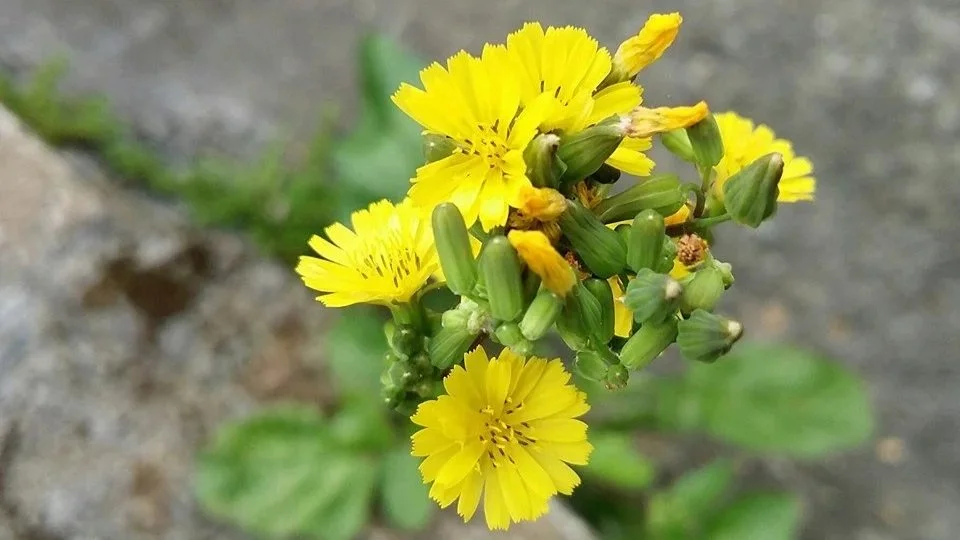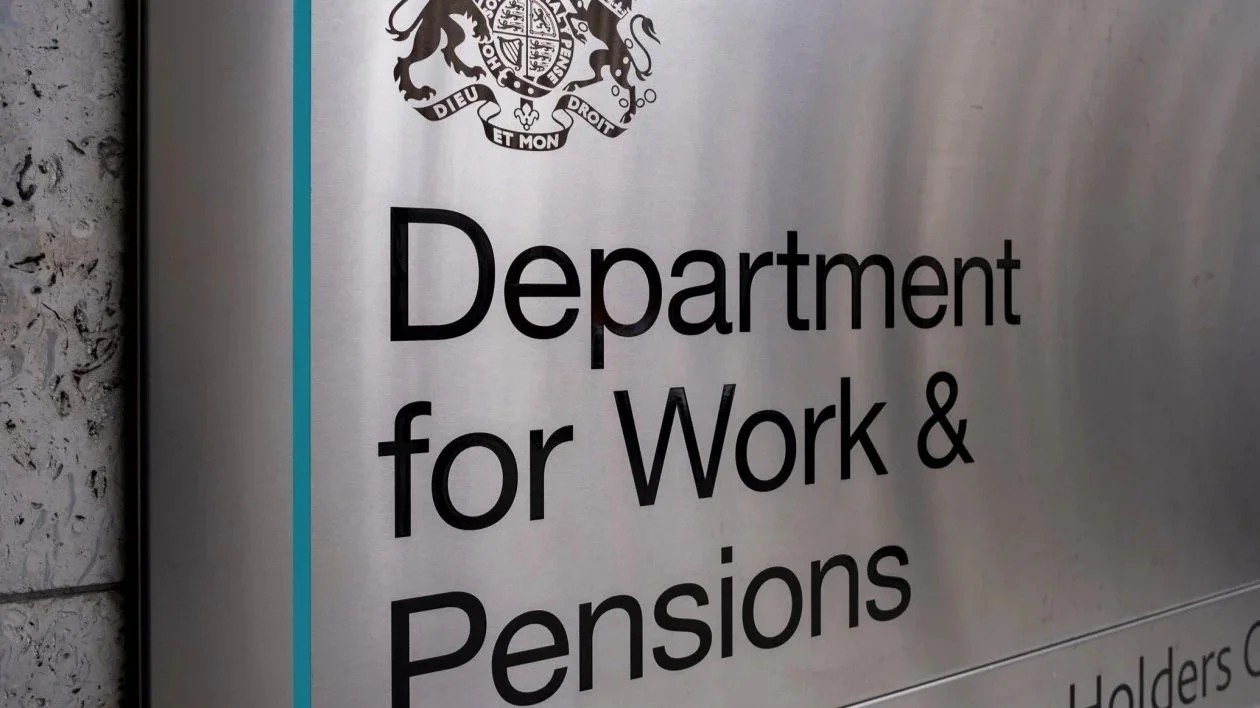Originally commissioned and published by New Art Exchange
My name is Janet Tam. I am a 50-year-old Chinese woman, born and raised in Hong Kong. I am 5’1”, wear dark-rimmed glasses, and have mostly black, thin, long hair. I moved to the UK three years ago and now live in Edinburgh. I am a Buddhist and a cancer survivor. Reading the provocation, I am struck by two things: first, how much adversity we currently face; and secondly, how my own lived experience shapes my response.
I’m not sure what comes to your mind when I describe myself. Neither can I be sure what impressions or assumptions you may have for a 50-year-old Chinese woman from Hong Kong. When I was born, Hong Kong was still a British colony, in a predominantly Chinese society. From my Granny’s stories, I caught glimpses of what life in mainland China was like back then. She was a widow. She moved to live with us in the 60’s to look after our family, barely escaping the Cultural Revolution — a time of violence, chaos, and fatality, all in the name of eradicating diverse views and freedom of expression, under the guise of empowering the masses. But I have heard enough from her about what happened to people she knew.
I have always believed in the power and potential of diversity. I have spent most of my working life advocating for access and diversity in the arts, moving towards the Confucian idea of ‘harmony without uniformity.’ (和而不同) The reason is simple and perhaps selfish: it is a basic human right to be included in society, in all its aspects. My Granny lived through the consequences of this right being violated. I didn’t expect to myself, but I have.
I am one in 144,000 Hongkongers who came to the UK after the erosion of civil rights in the wake of the 2019 Hong Kong protests and China’s increasing influence in Hong Kong’s governance. Recently, I find myself insisting on specifying that I am from Hong Kong, distinguishing myself from other Chinese identities, from my own Chineseness. However, not all diversity monitoring forms allow me to express this nuance. I tick that Chinese box under Ethnicity, the only box offered to me, and do not feel seen for my whole being, my nuance.
Long before I moved to the UK, through my work in disability art, I always deeply admired the UK’s vision of honouring individual differences and the push for diversity. But having lived here for a while, I find myself in doubt. Can the UK truly be called diverse if certain voices or opinions are easily dismissed as "other"? This appears to undermine the very essence of what diversity should represent. In the face of societal division and mounting frustration, it seems we have lost the patience to appreciate and engage with nuance when that patience is most needed. The fear of being cancelled or driven off platforms for holding perspectives outside mainstream narratives creates a suffocating environment, not only for artists, but for every member of society.
Social media has mutated from providing access for common people to share their opinions, to spaces that are manipulated and pushed to the extremes, serving the agendas of interfering governments, companies who only care about profit, and individuals already in significant positions of power. These days, expressing certain views on social media not only feels like walking on eggshells, constantly wary of backlash from other users, but also has the added concern of feeling like an accomplice of such toxic spaces. I keep wondering, who truly benefits when social discourse becomes so binary? Whose agendas are we fulfilling if opposing voices are being marginalised or silenced? It all sounds so familiar… Why does cancel culture remind me of my Granny’s stories of the Cultural Revolution? Isn’t it the same decay of freedom of speech that drove the 144,000 Hongkongers here? Where can we speak and, crucially, listen to each other constructively, without fear?
This fear is far from the only adversity the UK is facing. How many people do you know live from hand to mouth, working multiple jobs just to pay their bills? The word ‘precarity’ was new to me but, living here for the past three years, it has become one of the top ten words I use, especially in work. In the cultural sector, we see precarity manifesting as a lean operating environment. Resources are stretched thin, and systemic inequities persist, so that diverse and intersectional communities are disproportionately affected by the turmoil of our times, with their voices and stories under threat of being pushed out of society, while their livelihoods are eroded.
Not long ago, I came across a DCMS report* that highlighted stark disparities:
“Earnings by employees in the Cultural sector fell by 4.2% in nominal terms between 2016 and 2021 whilst those for the UK as a whole rose by 11.7%.”
“In 2020, the Creative Industries had lower proportions of filled jobs held by women, people with disabilities, and people from ethnic minorities, compared to the UK average.”
This precarious ecology creates significant barriers for meaningful change. The constant struggle of being in survival mode can force organisations and individuals into indifference, where time and resources to advocate for nuance and understanding are seen as unaffordable luxuries. This can lead to a vicious cycle where inequities not only persist but also deepen, and progress becomes harder, or seems impossible, to achieve.
We cannot change history, even though it feels like we’re living through a repeat. But, just as the people before us created the conditions we now live in, it is in our hands to plant seeds for a future that we’re collectively responsible for - and the arts have a huge part to play in that work. The arts are a platform for voices to be heard. If someone is unable to tell their stories, it is a form of oppression. Through artistic expression, we can relate to one another, not only recognizing and respecting each other’s similarities and differences, but also create the building blocks for deeper connections and more expansive communities.
At Something To Aim For (STAF), we work with intersectional and diverse communities, towards a world in which all people have meaningful connections to cultural experiences, with the voices and stories of under-represented and marginalised artists and communities at its centre. Our work is guided by core values of inclusivity, critical generosity and care that reflect an asset-based approach. We focus on the strengths and potential within individuals and communities, believing that we are greater than the sum of our parts. We also emphasise cross-sector partnerships to facilitate exchange and understanding, creating a collaborative environment for all involved. I was drawn to work for STAF because, through STAF’s values and approach, we can practice the Confucian idea of harmony without uniformity together. We work to ensure that differences are not seen as a threat but seen as they really are - an enrichment to the collective whole.
Our society stands at a critical juncture. To break free from deepening cycles of social divide, we must care enough to embrace difficult conversations, not shut them down. The cultural sector has a unique and vital role in addressing these complex issues because we have the tools to reveal nuance, facilitate conversations, and build understanding. Storytelling and community engagement help cultivate the conditions for courage. It is our civic responsibility as creative practitioners, curators, and changemakers to imagine, build, and uphold spaces where these meaningful encounters can occur.
A truly diverse, equitable, and connected future - where people can live and work together harmoniously while maintaining their unique identities, perspectives, and values - is possible. But only if we all build it together, brave and free.
* Official Statistics: DCMS Sector National Economic Estimates: 2011-2020 (Released on 23 December 2021, updated 22 November 2024): https://www.gov.uk/government/statistics/dcms-sector-national-economic-estimates-2011-to-2020/dcms-sector-national-economic-estimates-2011-2020#creative-industries







